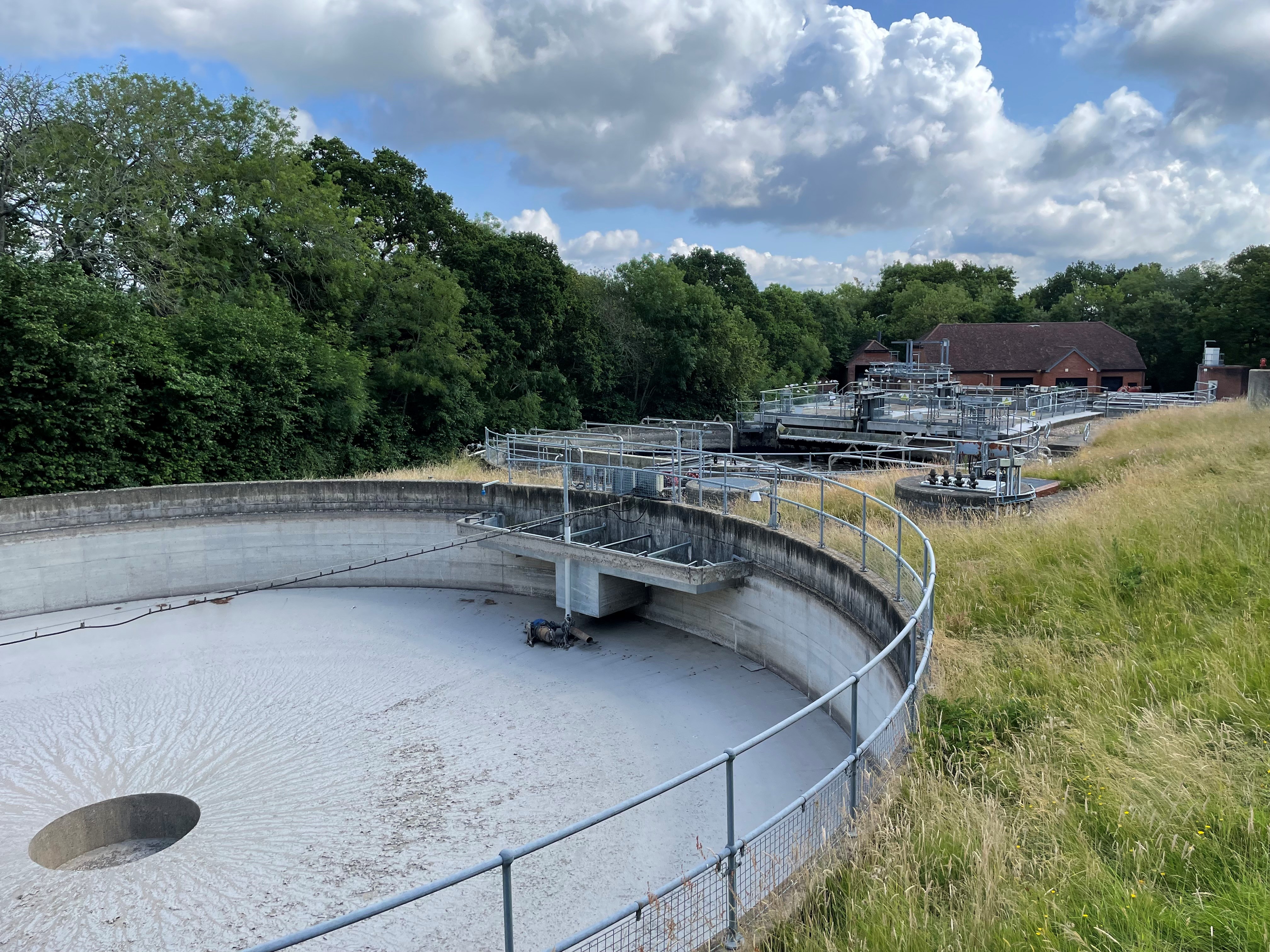
Southern Water invests millions to improve water quality in Hampshire
More than £8m of work is set to begin at Ashlett Creek Fawley Wastewater Treatment Works (WTW) to help improve water quality, reduce storm overflows and plan for future growth.
More than £8m of work is set to begin at Ashlett Creek Fawley Wastewater Treatment Works (WTW) to help improve water quality, reduce storm overflows and plan for future growth.
The scheme at the works in Fawley in the New Forest, includes building a new storm tank, increasing the existing storm storage capacity at the treatment works by 2.3 million litres or one Olympic sized swimming pool. The stored sewage can then be fully treated before being released back into the environment.
This is one of several projects where Southern Water is investing in around Southampton Water to meet new Environment Agency’s limits on storm spills to the estuary. These include investing nearly £13m at Woolston Wastewater Treatment Works in Southampton.
Project Manager for Southern Water, Jorge Rodriguez, said: “We know how important it is to improve water quality and protect the precious environment across the areas we serve. This exciting project will make a real difference doing that, and it will also help us with the challenge of more frequent heavier rainfall events and storms due to climate change. These works are a great example of our ongoing £2bn investment to improve our performance and our assets.”
Work on Ashlett Creek and Woolston is being carried out by GTb which is a joint venture between Galliford Try Environment and Binnies UK Ltd.
Stuart Whisby, Project Manager for GTb, said:“We are pleased to be working collaboratively with Southern Water on this project. By making these improvements and upgrading some of the existing equipment, Southern Water will be able to meet new targets.”
“This work will involve increased vehicle movements to the site. We would like to apologise in advance for any inconvenience our work may cause to those people living in the area."
